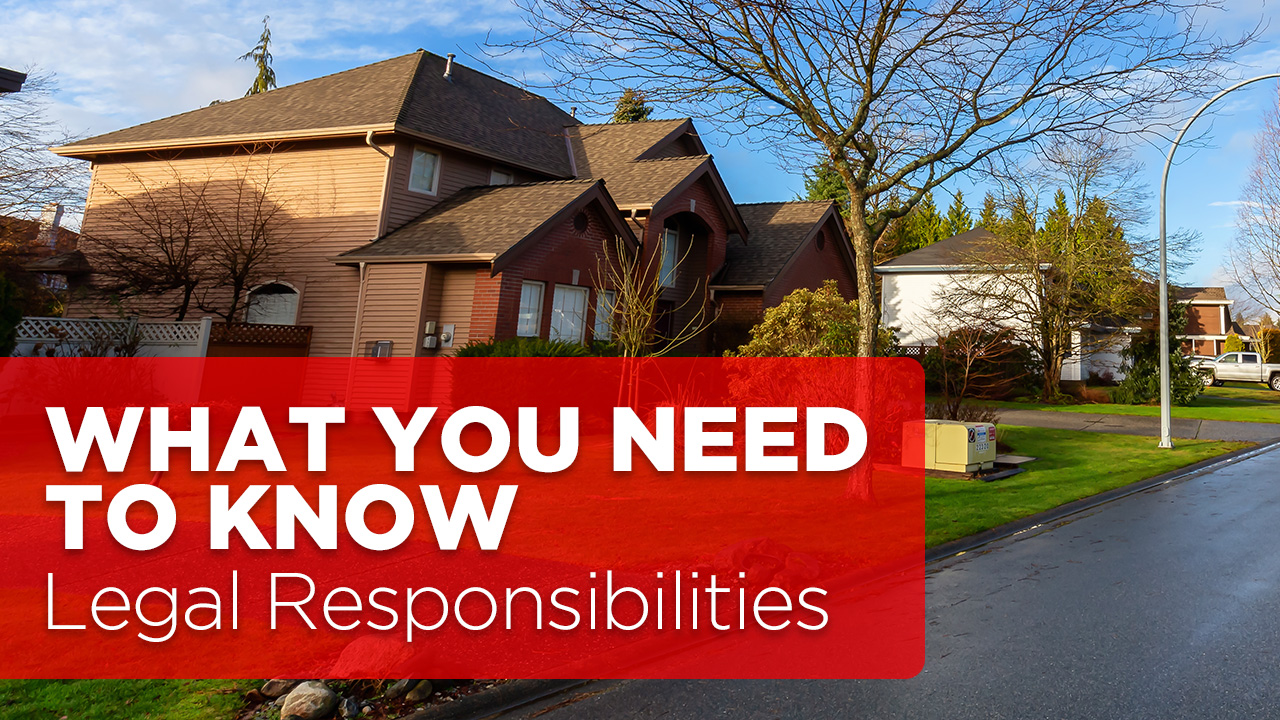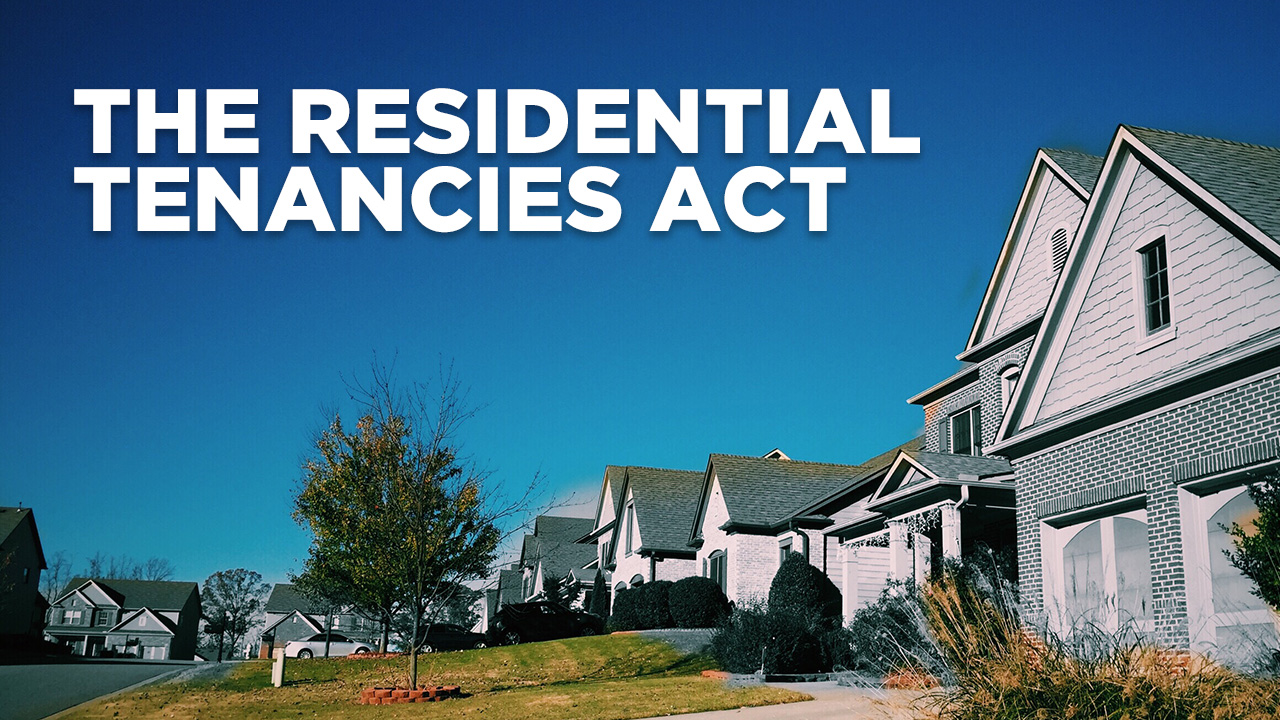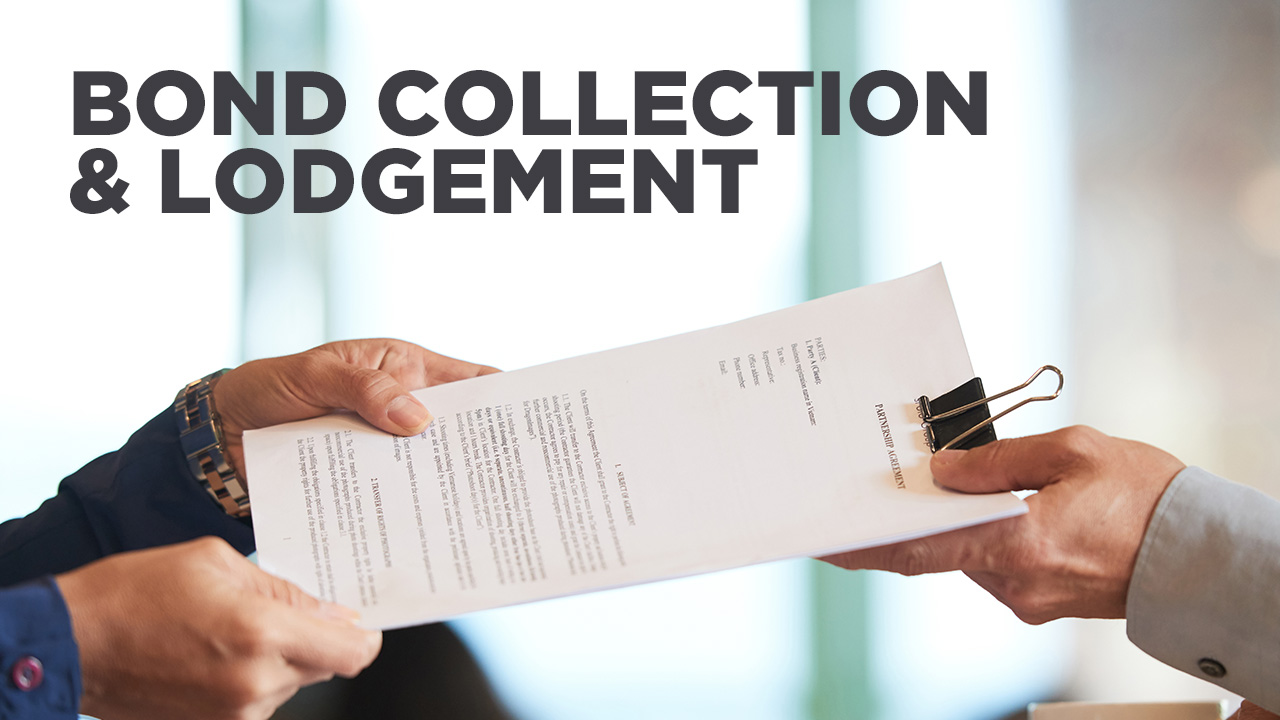
Becoming a landlord in New Zealand is a promising investment venture, particularly in sought-after areas such as Auckland & North Shore.
However, along with the financial rewards come significant legal responsibilities that every landlord must be well-versed in. In this blog post, we will explore the key legal obligations of landlords in New Zealand, offering guidance to ensure you navigate this path successfully.
Understanding the Landscape
Before we dive into the legal responsibilities, it’s important to grasp the New Zealand rental property landscape. Auckland and North Shore, with its stunning coastal locations and growing demand, is a prime spot for investment. The rising popularity of this area makes it imperative for landlords to understand their legal obligations thoroughly.

1. The Residential Tenancies Act
The cornerstone of landlord-tenant relations in New Zealand is the Residential Tenancies Act 1986. This act outlines the rights and responsibilities of both parties and provides the legal framework for all rental agreements. It is essential to familiarise yourself with this act as a landlord. The act covers a wide range of areas, from the required contents of a tenancy agreement to the handling of bond payments.

2. Providing a Safe and Healthy Environment
One of the primary legal responsibilities of a landlord in New Zealand is to ensure that the rental property is safe and habitable. This includes maintaining the structural integrity of the property, providing adequate insulation, and ensuring that it is free from dampness. Regular inspections and maintenance are essential to meet these obligations.

3. Bond Collection and Lodgement
Landlords must collect a bond from tenants, which serves as a security against potential damage or unpaid rent. In New Zealand, the bond amount is usually equivalent to four weeks’ rent. It is crucial to adhere to the legal process of collecting and lodging this bond with Tenancy Services. Failure to do so can result in penalties.
4. Rent and Rent Increases
Setting the rent amount is at the discretion of the landlord, but it should be reasonable and in line with market rates. Any rent increases must be carried out according to the Residential Tenancies Act. Landlords are required to provide at least 60 days’ notice before increasing the rent. Understanding these rules is vital to avoid potential disputes with tenants.

5. Maintenance and Repairs
New Zealand landlords are legally obligated to keep the rental property in good repair. This includes fixing any damage caused by normal wear and tear. Timely response to maintenance requests is crucial, as delays can lead to disputes and potentially breach the tenancy agreement.
6. Privacy and Access
Landlords are allowed to enter the rental property, but it must be done so with proper notice. The Residential Tenancies Act requires landlords to provide at least 48 hours’ notice to access the property. This notice should specify the reason for entry, such as inspections, repairs, or property viewings.
7. Tenant Selection and Discrimination
It is essential for landlords to follow fair and non-discriminatory practices when selecting tenants. Discrimination based on factors such as race, gender, religion, or disability is illegal. Tenant selection should be based on objective criteria, such as rental history, employment, and references.
8. Tenancy Agreements
All tenancy agreements should be in writing and must include specific information outlined in the Residential Tenancies Act. This includes details about the property, rent amount, bond, and the responsibilities of both parties. Using a standard tenancy agreement form is recommended to ensure compliance with the law.
9. Tenancy Tribunal
In cases of disputes or breaches of the tenancy agreement, landlords may need to attend the Tenancy Tribunal. This is a formal process that can resolve disputes related to rent arrears, damage to the property, or any other breaches of the tenancy agreement. Landlords should be prepared to provide evidence and documentation to support their case.
10. Keeping Records
It’s essential for landlords to keep thorough records of all communication and transactions related to the tenancy. This includes rent payment records, maintenance requests, and any notices issued to tenants. These records can be invaluable in the event of a dispute or when dealing with government agencies.
In conclusion, being a landlord in New Zealand, particularly in desirable areas like Auckland and North Shore, comes with a set of legal responsibilities that cannot be taken lightly. Understanding the Residential Tenancies Act, providing a safe and healthy living environment, and following fair and non-discriminatory practices are all essential components of successful and lawful landlordship. By adhering to these obligations and staying informed about any legal updates, landlords can thrive in the New Zealand rental property market while maintaining compliance with the law.




